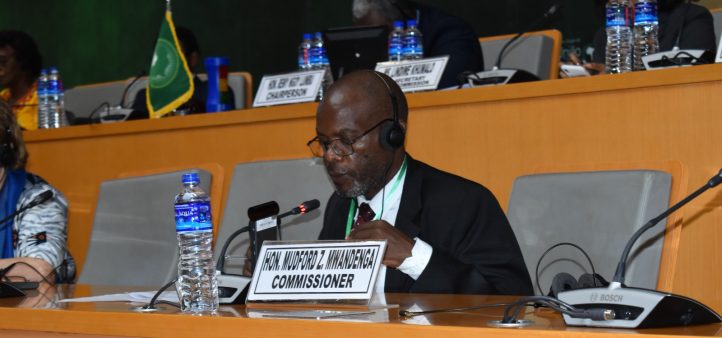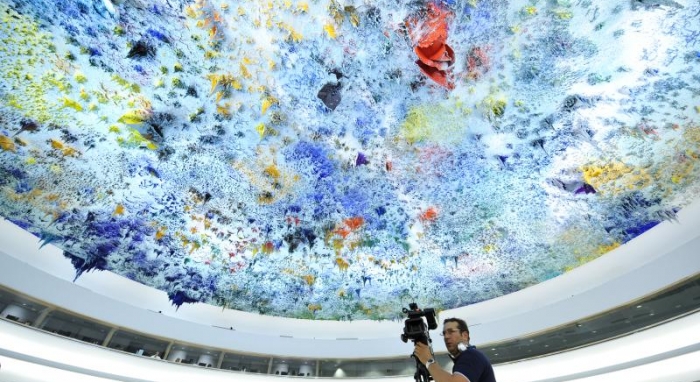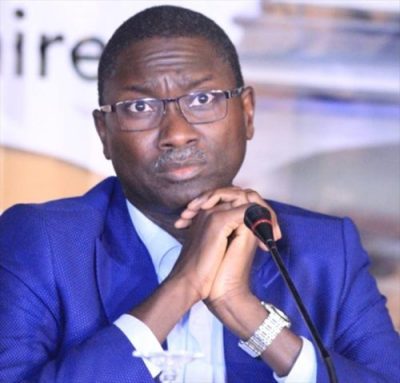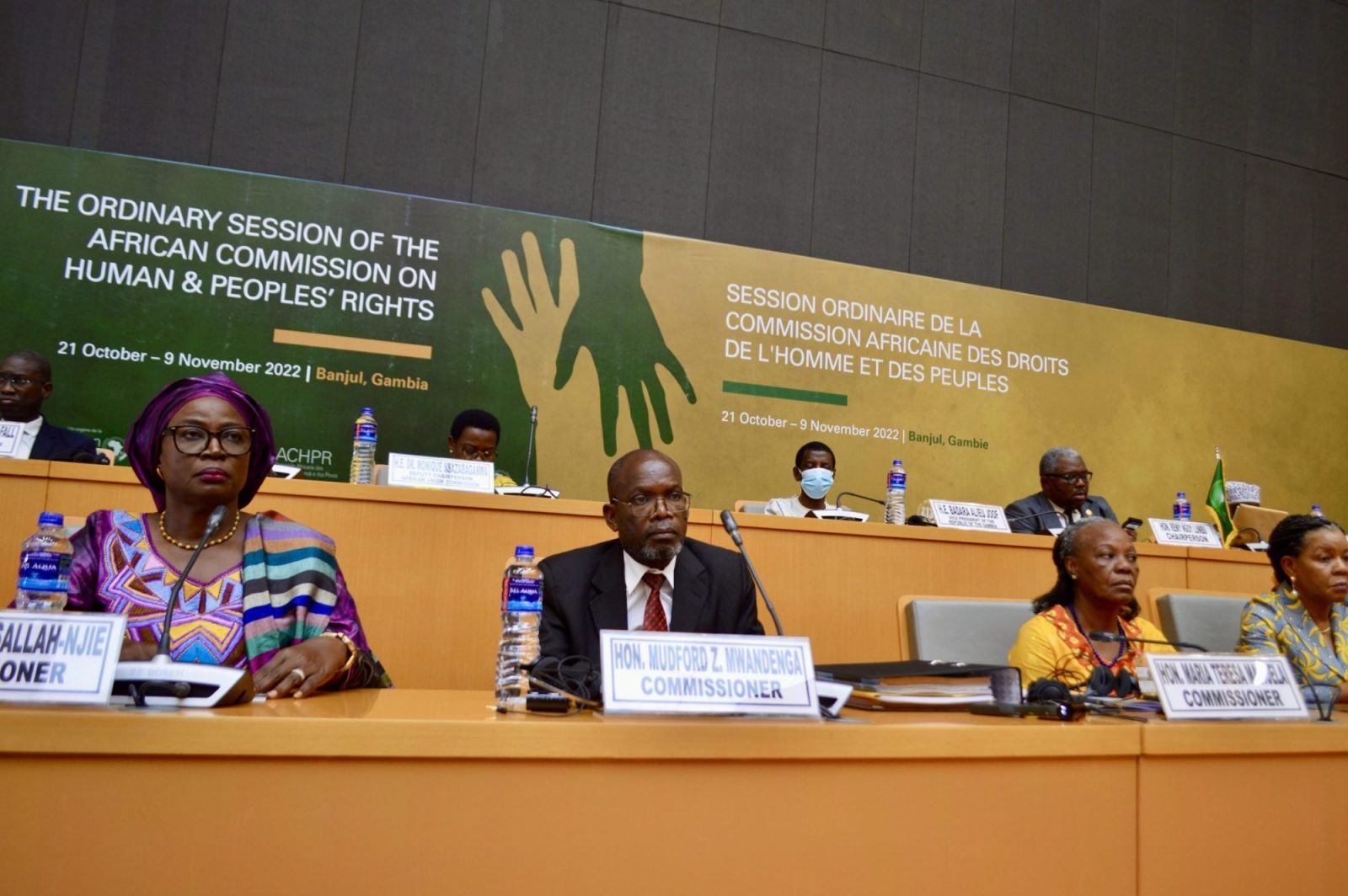The rights-based criteria, which over 70 States from all regions have committed to applying on whether a situation merits the Council’s attention, includes several criteria relating to the situation of human rights defenders and cooperation with the Council, its mechanisms, OHCHR and treaty bodies. Acts of intimidation and reprisals are the most flagrant type of non-cooperation. States should continue to demonstrate leadership, principled action and sustained follow through when the objective criteria are met, paying particular attention to attacks or restrictions against human rights defenders as an early warning sign of more widespread and systematic violations.
Confronted with a mounting pile of evidence, including from the CERD, about policies of the Chinese government targeting ethnic and religious minorities, and continued crackdowns on civic freedoms and attacks on rule of law, inaction has become indefensible. The UN Special Procedures issued a sweeping statement in June 2020, calling for the international community to take ‘decisive action’ on the human rights situation in the country. Joint statements reiterating this call, with growing numbers of signatories, were delivered in July 2020 at the Council, and October at the General Assembly. However, the Council and the UN overall failed to take meaningful action to ensure Chinese authorities could be held accountable; and instead, welcomed China as a returning Council member. Regular and comprehensive monitoring and reporting on the situation, including by the High Commissioner and her Office, is critically needed to provide the Council with objective information to prevent further deterioration of rights protections. Furthermore, other Council members should step up their commitments to the body’s mandate and purpose, and reject efforts by China and its partners and proxies to distort principles of human rights and universality; upend the Council’s impressive work to hold States up to scrutiny; and weaken the effectiveness and impact of the Council for victims of violations and human rights defenders.
The Egyptian authorities continue to systematically carry out patterns of reprisals against human rights defenders for their legitimate work, including for engagement with UN Special Procedures. These have included arbitrary arrests and detention, enforced disappearance, torture, unlawful surveillance, threats and summons for questioning by security agencies. The government’s refusal to address key concerns raised by States in its response to the UPR in March 2020 demonstrated its lack of political will to address its deep challenges and to engage constructively with the Council. ISHR reiterates its call on the Council to establish a monitoring and reporting mechanism on the human rights situation in Egypt.
Silence from the Council tells States that the rights of migrants and refugees – and those who defend them – can be violated with impunity. The Council must act on the High Commissioner’s call to establish an independent monitoring of pushbacks and collective expulsions at the land and sea borders of EU States, and demonstrate that it can respond to human rights violations wherever they occur.
In 2020, the Council continued its scrutiny over the human rights situation in Saudi Arabia. Yet, the Saudi government has failed the litmus test to immediately and unconditionally release the women’s rights activists and human rights defenders, instead they continued to prosecute and harshly sentence them for their peaceful activism. The government’s refusal to address this key concern raised in the three joint statements demonstrates its lack of political will to genuinely improve the human rights situation and to engage constructively with the Council. ISHR reiterates its call on the Council to establish a monitoring and reporting mechanism on the human rights situation in Saudi Arabia.
In 2020, the Council was able to continue its work despite the COVID-19 restrictions. It convened a historic urgent debate on “racially inspired human rights violations, systemic racism, police brutality and violence against peaceful protests”. George Floyd’s brother, Philonise Floyd, made a historic address to the Council to establish an independent international commission of inquiry focused on the situation in the United States. However, the Council adopted a watered-down resolution due to enormous diplomatic pressure from the United States and other allied countries. The High Commissioner’s final report is to be presented at the Council’s 47th session. ISHR reiterates its call to all States and the Council to establish an international commission of inquiry on police violence and systemic racism against Africans and people of African descent in the United States and beyond[1] as requested by civil society, the African Group and the Special procedures.
Despite the renewal of Resolution 43/2, the human rights situation in Nicaragua has steadily deteriorated over the last months. Civil society space has sharply shrinked, as a result of the recent adoption of restrictive laws on foreign agents and counter-terrorism, while attacks against journalists and human rights defenders -the last remaining independent human rights observers – continue. The lack of an independent judiciary or NHRI further deprives victims of the possibility to seek justice and redress. Whilst the repression deepens, State inaction in the face of the Covid-19 pandemic and the passage of hurricanes has also exacerbated the ongoing humanitarian crisis and the deprivation of economic, social, and cultural rights. The Council should renew and strengthen its resolution on the human rights situation in Nicaragua, laying down a clear benchmark of key steps the State should take to demonstrate its willingness to cooperate in good faith, while clearly signaling the intention to move towards international investigation and accountability should such cooperation steps not be met within the year.
In 2011, the Council approved, unanimously, the UN Guiding Principles on Business and Human Rights (UNGPs). The UNGPs translated the global social expectation for companies to operate responsibly and be agents for sustainable development into operational guidance in a language that companies were able to understand. Today, ten years later, private companies continue to be at the center of human rights abuses globally and human rights defenders are persecuted and attacked in contexts where businesses operate. The UNGPs established a global standard for companies. However, despite remarkable progress in some areas, the global economy continues to be founded on human rights violations and abuses to those most vulnerable. In that context, civil society is coordinating extraordinarily to push for a binding treaty on business and human rights. ISHR believes that efforts and commitment by States, private entities and business organisations must scale up significantly in all fronts to meet the challenges posed by Covid-19 as an opportunity for a systemic change.
The pandemic has exposed and deepened existing discrimination, violence and other violations. It has exacerbated systems of oppression. There have been increased threats and attacks against women human rights defenders (WHRDs) and LGBTI rights defenders including domestic violence, physical attacks and killings, increased online harassment, stigmatisation and defamation. Governments have used COVID as a pretext for further restricting fundamental rights, including through the enactment of legislation, and WHRDs and LGBTI rights defenders have lost their livelihoods, access to health services have reduced and been excluded from participating in pandemic responses. Action to address the pandemic must be comprehensive and systemic, it must apply a feminist, human rights-based, and intersectional lens, centred on non-discrimination, participation and empowerment of vulnerable communities.
ISHR calls on States to maintain transparency and genuine commitment and support for multilateral institutions, and particularly civil society access to those institutions. It is in times like these where multilateral institutions such as the UN are even more critical, when national mechanisms are not providing support for its communities. States should not use the COVID-19 pandemic as a pretext to restrict genuine civil society participation in these processes. Civil society access to national, regional and international systems of accountability must be protected.
While civil society participation drastically decreased and was impeded due to the COVID-19 restrictions and the adopted efficiency measures for 2020, the current practice of video statements by NGOs marks an important opportunity to enable those affected directly by human rights violations to speak to the Council and should continue beyond the COVID-19 exceptional measures. Furthermore, the adopted efficiency measures for 2021 should be evaluated in terms of the Council’s accessibility and effectiveness, rather than an evaluation based solely on financial analysis. ISHR reiterates that the removal of general debates in June has a disproportionate and negative impact on civil society participation, and in particular on women human rights defenders and those working to combat violence and discrimination on the grounds of sexual orientation and gender identity.
For the Council to continue to be effective, it must continue to be accessible to rights holders and victims. Those who defend human rights must be able to access the UN and the Council freely and safely. They should not be intimidated nor suffer reprisals for collaborating with the UN. At every Council session, States should raise individual cases, demand an immediate end to all acts of intimidation and reprisals and remedy to victims. At the 48th session, States should ensure that the Council adopts a resolution that strengthens the Council’s response to acts of intimidation and reprisals.
The results of the 2020 HRC elections demonstrated the importance of competitive elections. ISHR urges all regional groups to present competitive slates for Council elections. States should follow and deepen the practice of announcing their candidacies by the High-Level Segment of every year’s March session of the Council, at the latest. The lack of competition all but guarantees election for all the candidates in a closed slate, irrespective of their human rights performance. This turns the election into an appointment process that violates the spirit of the Council’s membership rules and undermines the credibility and effectiveness of the Council. Further, in announcing and publishing candidate States’ voluntary pledges in a timely manner, they encourage engagement and ownership by other actors to follow up on, and contribute to, their implementation, with the ultimate goal of improving the human rights situation on the ground.
Finally, regarding the General Assembly’s consideration of the status of the Council between 2021 and 2026, ISHR reiterates that the Council can be strengthened without the need for institutional changes. According to the General Assembly Resolution 65/281, there is no “review” of the Council, but rather it is a consideration by the General Assembly of whether the Council should be elevated to the position of a primary organ of the UN, or should remain a subsidiary body of the General Assembly. The General Assembly resolution 65/281 did not intend nor mandate a review of the Council, and given the current political context and dynamics, a review of the Council is not desirable, due to the risks to civil society participation and the Council’s ability to effectively address situations of concern.
Photo: UN, Jean-Marc Ferre




